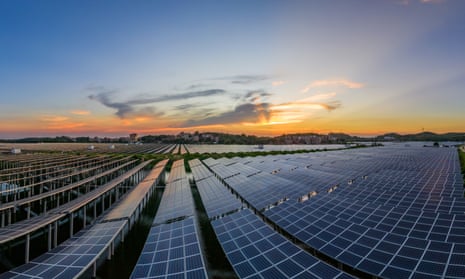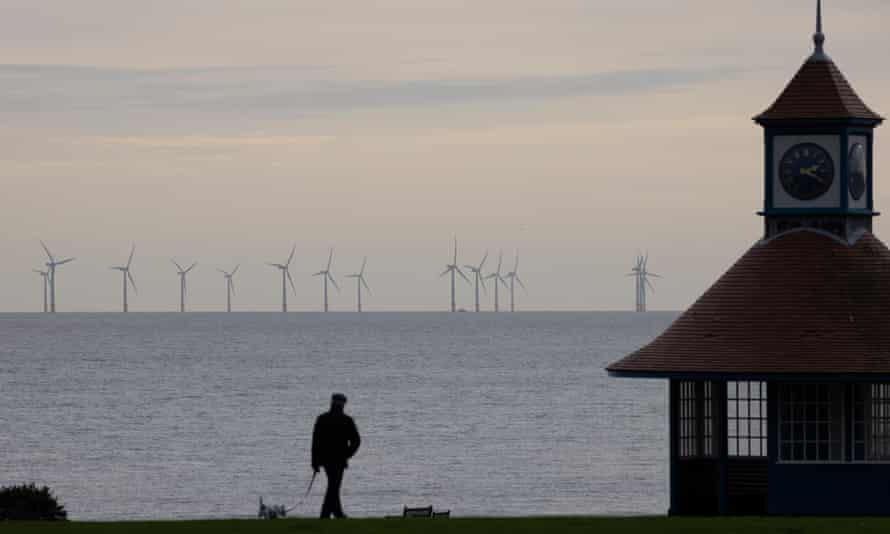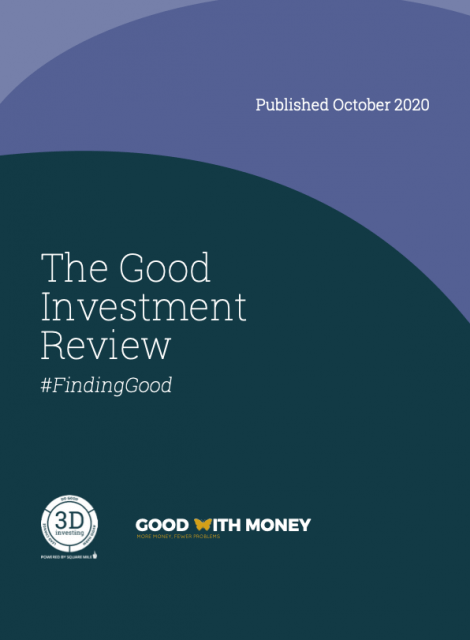A bad outcome for Aladdin . . .
. . . but what if you could change your old pension for new?
What if that new pension had fairer charges and better outcomes?
Fairer charges:
Many are still holding on to old pension funds, unaware of the amount of charge being taken every year to cover the administration of the funds or what exactly that charge is paying for.
Often annual valuations sit gathering dust, unreadable and a mystery to most except the people who produced them.
Is the pension giving value for money or is it just a neglected asset that only has meaning when we decide to start withdrawing money.
Often the pension fund is our second most valuable asset after our home and, like our homes, if no regular maintenance is done, it fails to achieve its highest value.
Keeping informed about old pension funds, particularly where you have several from different providers, is not remotely interesting to most people and at best takes you away from more interesting pursuits.
However, just like house maintenance or a regular visit to the dentist it can make a big difference later.
It can be more pleasurable than a visit to the dentist, once you understand what you are looking at and how to judge it.
Knowledge, in this case, is to have the means of control.
You could even learn to love your annual review.
Better outcomes:
They come in two ways, better financial returns for you and understanding of what you are investing in and that those investments are technologies of the future, for example not oil and gas but alternative energy.
Not only would that represent better social outcomes but better returns as the world abandons old lifestyles and embraces the post COVID-19 world of remote working, medical research and better care facilities.
The City woke up to the challenges of climate change when the insurance claims started to build.
Many of us started to take notice when David Attenborough spoke of the damage done from plastic waste and now we know that pandemics are the result of us invading the wild world and turning it into a place of production to satisfy humanities constant need for more and more consumption.
As a member if the Ethical Investment community since 2005, an Independent Financial Adviser since 1992 and someone committed to better outcomes for each of my clients, can I help you exchange your old pensions for new?
[formidable id=3]




